The post Getting Hearing Aids – What is the Process? appeared first on Auckland Hearing.
]]>5 Steps to hearing aids
Step 1: Make a time to see us
The first and hardest step for many is the first one, making an appointment for a hearing test. Research has shown it takes people 7 to 10 years to do something about their hearing loss. Of course, while you are getting used to the idea that you may have some hearing loss, you are missing conversations and connections with people every day. Gradually the people around you adapt to your hearing loss (often by speaking louder or choosing not to share incidental comments) and you start to make different decisions on how you will use your time (like avoiding social situations). Hearing loss impacts the way you live your life. There is also a lot of new research showing other
Of course, the first easy step is to have a hearing test, this will give you a clearer idea about your type and degree of hearing loss and why you can hear some sounds as well as everyone else, but you can’t always understand what people are saying, especially if it is noisy.
The next question is “Do you need hearing aids?”. Your audiologist will let you know if your hearing is in the range where hearing aids will help and your family may also have an opinion on you getting help with your hearing. However, it is essential that once you decide to get hearing aids that you are making this step for yourself. It is true that other people in your life are probably affected by your hearing loss, however, it is better for everyone if getting hearing aids is your choice.
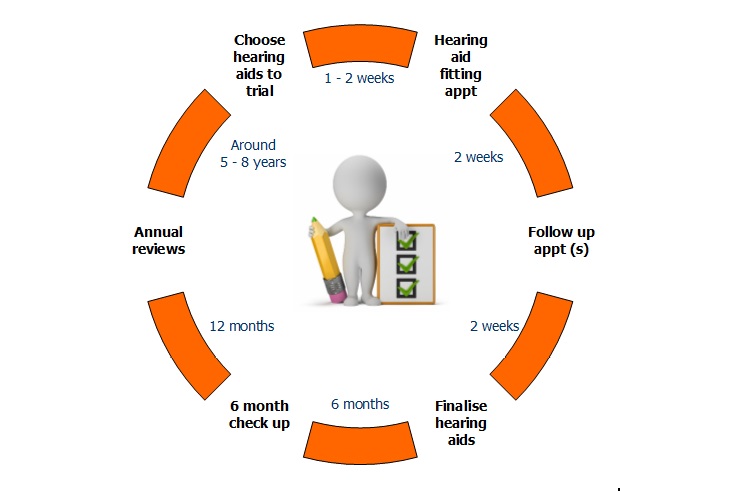
Diagram showing the process and approximate time periods for the life cycle of a pair of hearing aids
Step 2: Hearing Assessment & Discussion
Hearing loss can be:
A full hearing test will clarify your hearing levels and help identify possible causes of your hearing loss.
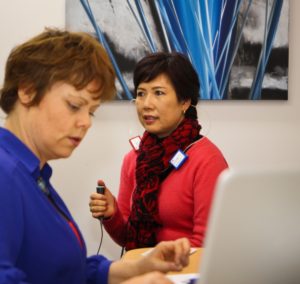
- conductive – where the sound is blocked from reaching the cochlear (outer or middle ear)
- sensorineural – where the cochlear is not able to detect all the sounds
- an auditory processing disorder (APD) – where the brain cannot process the sound detected by your ears detects.
Your Audiologist will discuss your test results. If there is hearing loss, we will let you know why it is affecting your ability to understand people speaking, even though you can hear some sounds easily. At this point, we will refer you on to any other professionals, for further assessment or management, if needed.
If you are interested, we will tell you a bit about hearing aids and possible options that might suit you. You can even have a listen through some hearing aids.
Needs Assessment
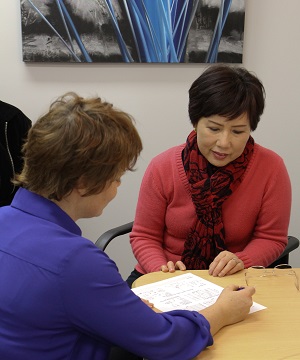
Once you have decided to learn more about hearing aids, we will go through your needs assessment process. We will ask you questions about your lifestyle and hearing challenges. From here we can decide on the hearing aid features and level of technology that suits you best. At this point we create a list of situations where you would like to hear and communicate better. When choosing hearing aids for you we take into account your:
- Hearing loss and other physical factors
- Lifestyle and your hearing needs
- Preferences i.e. what the hearing aid will look like or specific functionality
- Funding and budget – you may be eligible for funding from a government agency
Hearing aids are fitted on a 60-day trial
Once you have decided to trial hearing aids, the process takes 4 – 6 weeks. The 60-day trial system allows you to be sure you are hearing well with your new hearing aids and they are meeting your hearing needs. Depending on your type and degree of hearing loss it takes a few days to a few weeks to adjust to the new sound, so 60 days is plenty of time for you to get used to your new hearing aids.
Hearing aids are always paid for in full before taking them home. If you decide that hearing aids are not for you, you can hand them back within the 60-day time frame. If you do, you will be refunded the cost of the aids minus the fitting fee (to cover some of the time spent with you). We also have the option of changing to other hearing aids at this time if needed.
Hearing Aid Fitting Appointment
Our main goal at the fitting is to get you comfortable with the sound and management of your new hearing aids. We will:
- Calculate the sound required and program your hearing aids specifically for your hearing loss.
- Do real ear measures – use a small soft microphone to measure the sound in your ear canal. This verifies that the hearing aids are doing what we expect of them.
- Discuss the management of hearing aids, cleaning, using the phone
- Talk to you about adjusting to sound and wearing the hearing aids as much as you can.
- Book the follow up appointment – in 1 or 2 weeks time.
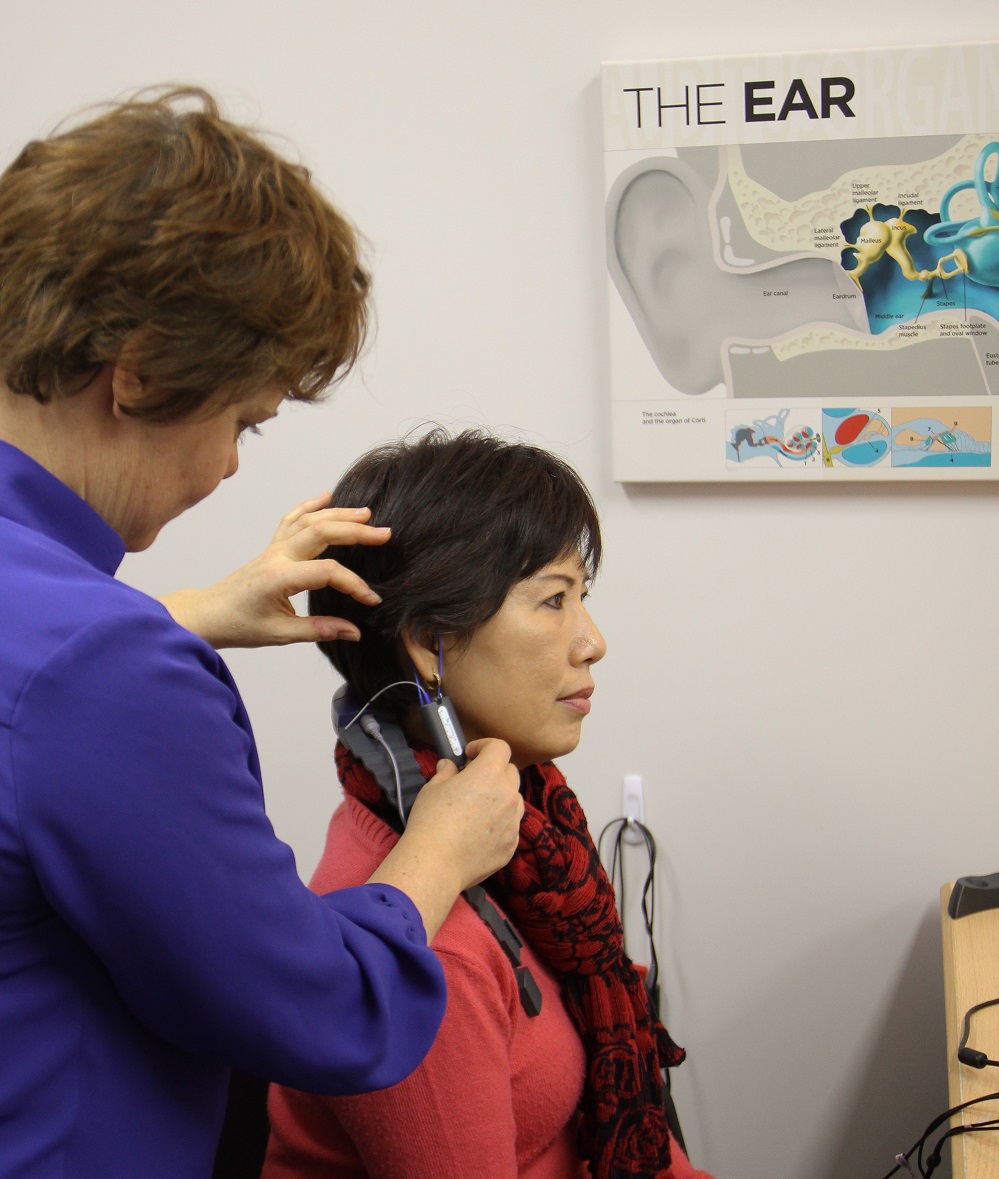
Follow up appointments
Follow up appointments allow us to check how you are going with the hearing aids and make adjustments, as required. Usually people have got used to the initial settings of the hearing aids and are ready for a clearer sound. The number of follow up appointments required will vary for different clients.
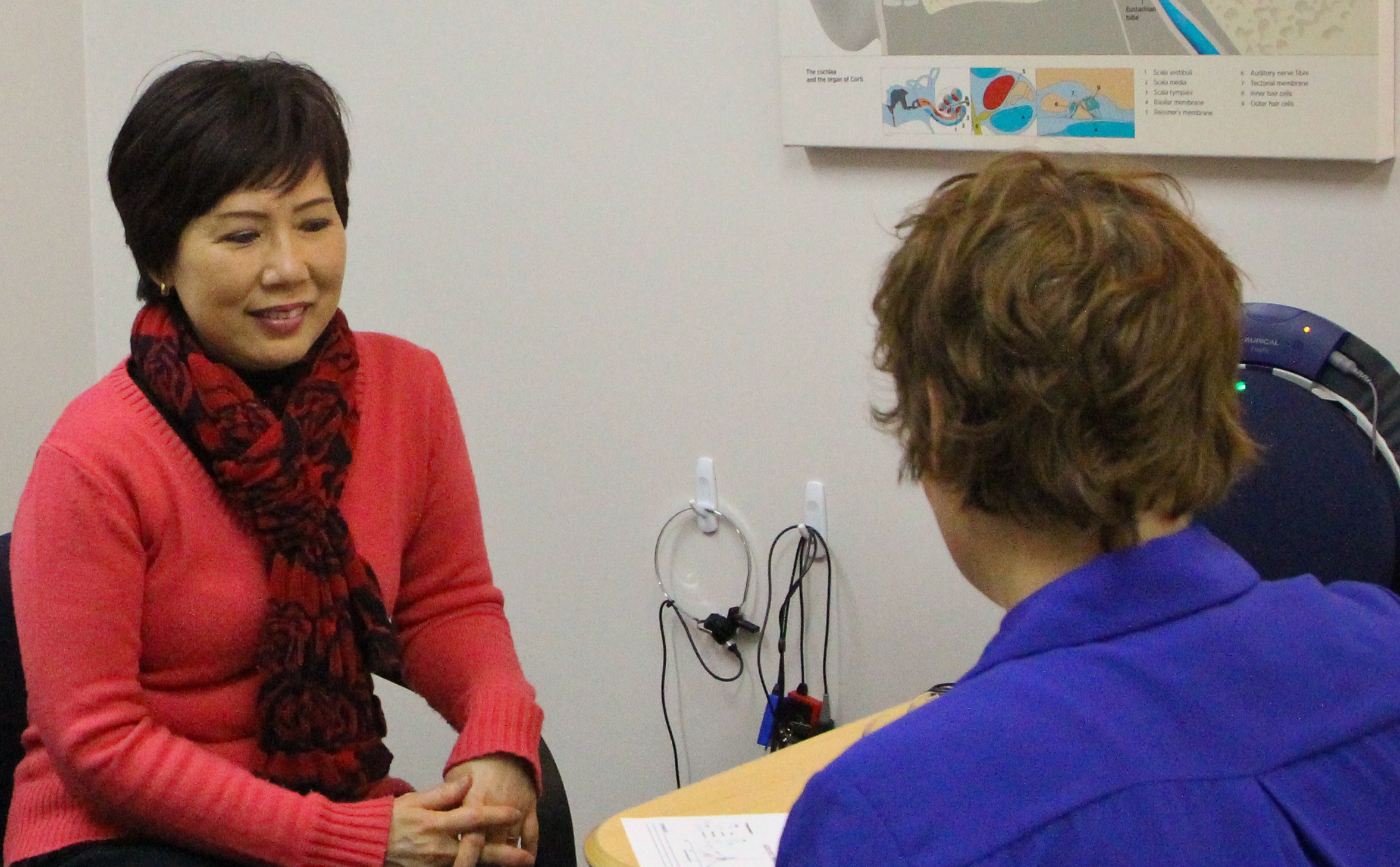
Finalising means that you are happy with your hearing aids and have decided you want to keep them. We will not schedule another appointment at this time but you are welcome to contact us again if you have further questions or need adjustments to your hearing aids. All appointments until your 6 month check are included.
6 Month Check
We will call you up in six months for a check up. This appointment and any appointments up until this time are included in the initial fitting fees. We will check how you are going with your hearing aids and can make adjustments or modification if needed.
Annual Review
You will be called up each year for your annual review, which will include a hearing assessment and adjustment of your hearing aids. We will also check your hearing aids over and make sure they are working as they should.
It is worth coming along to these appointments each year as often hearing gradually continues to change. When we refit your hearing aids to your up to date hearing test your hearing aids will sound clear and crisp again. You will notice the clarity difference especially in difficult listening environments like in groups or noise.
Maree contacted me recently and I went in for another check where she gave my hearing aids a tune-up to maintain their efficiency. With my slowly deteriorating hearing, I hadn’t noticed I wasn’t hearing as clearly as before. I was surprised at how much more I could hear once my hearing aids were adjusted.
Excellent service indeed!
Max Ross- Auckland CBD

Replacing your hearing aids
Traditionally hearing aids lasted about 4-5 years as they would be affected by wax, moisture, dust and dirt. Now most hearing aids are covered by high tech coatings that make them much more resistant to moisture.
Hearing aid lifetime – It is not possible to tell how long these current aids will last but with good care possibly 6-8 years. Obviously, you will need regular hearing assessments and adjustments over that time to keep them working the best for you.
Insurance – It is important that you have your hearing aids listed on your insurance policy just in case they do fall into water or get crushed or lost.
Hopefully, you are feeling clearer about the hearing aid fitting process now. As an Auckland Hearing client, you will become part of our Auckland Hearing community. As long as you are interested we will keep you up to date about the hearing world from hearing care to the latest hearing aids.
Please feel free to add any questions or comments in the section below. Or browse among the other articles about hearing loss and hearing aids.
The post Getting Hearing Aids – What is the Process? appeared first on Auckland Hearing.
]]>The post Do I need hearing aids? What is the right solution for me? appeared first on Auckland Hearing.
]]>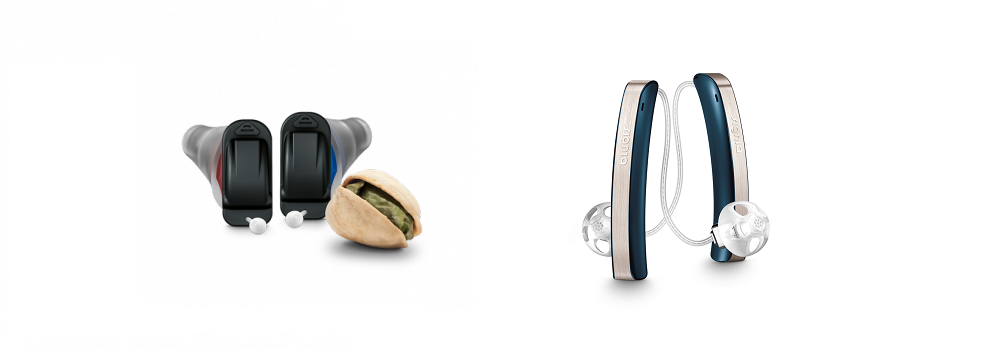
Well… “Do you need hearing aids?”
Hearing loss is common
Many people wear hearing aids
Have you noticed them?
Hearing aids have changed significantly over the last few years and continue to improve at a brisk rate. Like phones, computers and tablets, hearing aids are mini computers that are processing more and more information. Every year or two each of the larger manufacturers brings out new and improved products.
Manufacturers often release the higher end products first, then gradually they release the mid-range and value products. The advantage of this is that there are excellent hearing aids in every technology range and they are continually improving. What great news this is for people with hearing loss, because hearing aids are not only effective at helping you communicate understand conversation in your everyday life, they look good too!

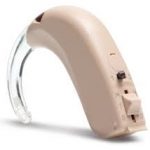
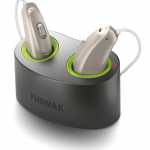
How will hearing aids help me?
Simply- Hearing aids provide audibility for the sounds that have been missing
Hearing the sentence correctly the first time means that you will (most likely)* say goodbye to:
- Auditory fatigue (less mental gymnastics to work out what was said).
- Having to ask for repeats.
- Embarrassment from getting something wrong.
After wearing hearing aids for a while, you will notice you are more relaxed and confident in social situations and general conversation:
- More confidence – in yourself as you are sure you are responding correctly
- More interest – in being involved in social events, as you are confident to join in
- More relaxed – as you will no longer need to be on hyper-alert; you know you will hear things around you – like the doorbell, the phone ring or people walking up from behind
*Most likely – because this is hearing loss dependent. People with severe/profound hearing losses or very poor speech discrimination may not receive all of these improvements. If we think this may affect you, will discuss it in detail before choosing hearing aids. The most significant changes happen for people who wear their hearing aids all the time.
Detect sound with your ears
Our ears are designed with collect sound from the environment and amplify it to a level where it can be delivered, via nerves, to the hearing centre in our brain (auditory cortex). The brain uses the electrical signal to recognise sound from the environment and understand speech.
Hearing loss means the ears are damaged in some way. In most cases, just increasing the volume of the sound to our ears is not helpful to improve hearing clarity.
Hearing aids are small computers that often work together to optimise the signal received by the brain. They are constantly measuring the sound environment and adjusting the way they amplify to optimise hearing comfort and speech understanding and to reduce listening effort.
Higher level hearing aids have more automatic features to modify the sound to help you hear easier and with less effort.
Hear with your brain
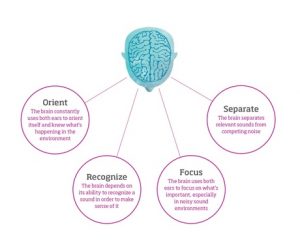
Use it or lose it
Wearing hearing aids more strengthens the auditory system by giving it more practice with listening to various sounds and helping it relearn/learn which sounds are important and which sounds are not.
The ability to understand speech, especially in noisy environments usually improves with increased wearing time.
Regular hearing aid use will help your brain “hear better”
Interpreting sound information requires regular exposure. People who wear their hearing aids “only sometimes” are giving their brain two signals, hearing and not hearing, some sounds.
Their brain does not have as much practice interpreting the sound information and will not be able to use the information so well.
The ability to understand speech reduces over time – especially with a significant hearing loss
When there is hearing loss, the brain is not receiving the signal for all the sounds in the area of hearing loss. As this continues for many years, the brain does not have practice using the sound message and becomes less capable of managing the auditory information. It may even relocate those brain resources to another function (typically the visual system). The sooner you get hearing aids, the sooner you are providing your hearing system with sound and keeping it active.
“I notice an improvement in my client’s ability to repeat back single words, in quiet, with regular hearing aid use.
This effect is most potent for people with more severe hearing losses, who have waited a long time to get hearing aids.
Maree O’Sullivan (Audiologist)
A bit about Hearing Aids
Hearing aids have a lot of technology innovations working together to bring about the outcome of “simply” hearing. Below is a brief description for some of this functionality. There are 9 hearing aid brands that are approved by the Ministry of Health in New Zealand. Each brand has “speciality features” and often they use different terms for some of these:
Programmed for you
All hearing aids (supplied by a qualified professional) are programmed and then fine-tuned specifically for you. Your hearing test (Audiogram) is used to calculate the right amount of sound specifically for your hearing levels.
Adjust to your listening environment
Hearing aids do not amplify all sounds equally, they amplify quiet sounds more than loud sounds; this allows as many sounds as possible to be both audible and comfortable. Hearing aids are not just a volume control.
Directional microphones
Directional
Feedback cancellation
Feedback cancellation makes sure that the hearing aids do not feedback (make a loud high-frequency sound). This can happen if the sound from the “loud-speaker” reaches the microphone.
Noise reduction
Noise reduction is a feature in most hearing aids, the way it works varies between brands. Most hearing aids are able to focus more on speech sounds and reduce the loudness
Physical comfort
Current technology hearing aids are light and comfortable in your ears.
Cosmetics
Hearing aids no longer look like a medical device. Now they are a piece of technology like a computer or
Hearing aids style
Below are examples of the receiver in the canal type technology for some of the brands. There are many other styles of hearing aid as well. The choice of style will depend on preference and degree of hearing loss.
Connectivity
Hearing aids can connect to other devices like a phone, TV or remote microphone to take the sound from these devices directly to your hearing aids.
There are many other hearing aid features available from various suppliers, for example waterproof hearing aids, personalisation, stereo sound and more.
Current hearing aids look like this
Here are examples of the receiver in the canal type technology from some of the brands. As you can see, the terminology used to describe this style varies between manufacturers.
The picture below shows the different styles of hearing aids that are available. The choice of style will depend on your preference and degree of hearing loss.
-
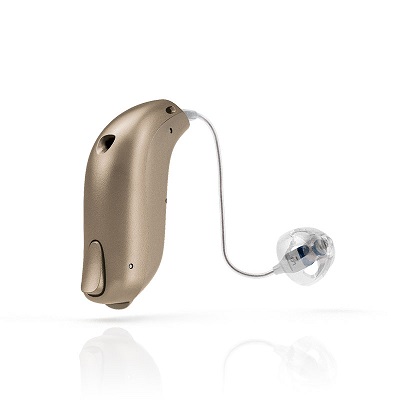
Bernafon Zerena hearing aids -
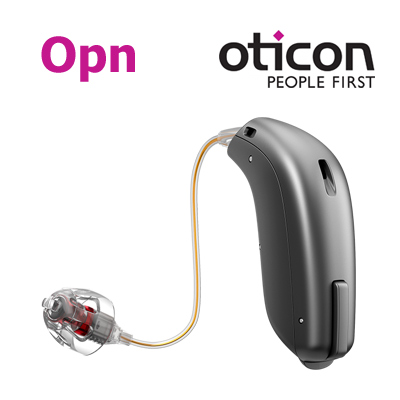
Oticon opn -
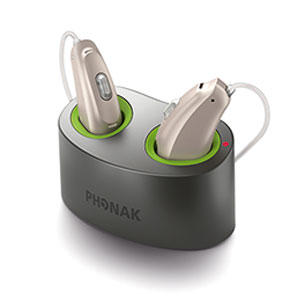
Phonak rechargable hearing aids -
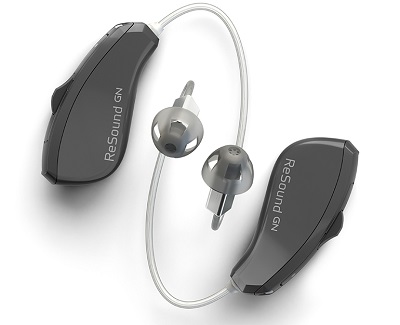
ReSound linx quattro hearing aids -

Signia Silk Nx hearing aids -
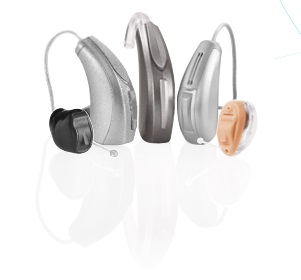
Starkey Muse IQ -
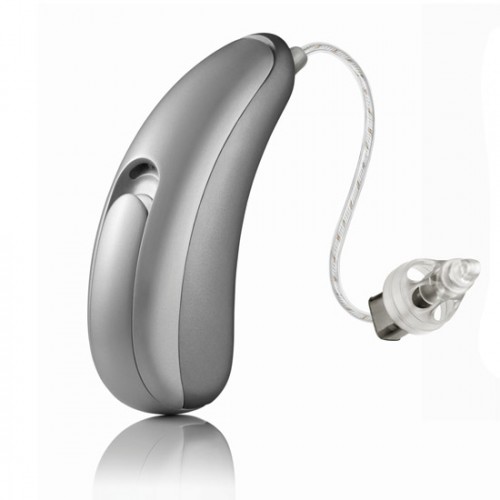
Unitron Moxi Kiss -
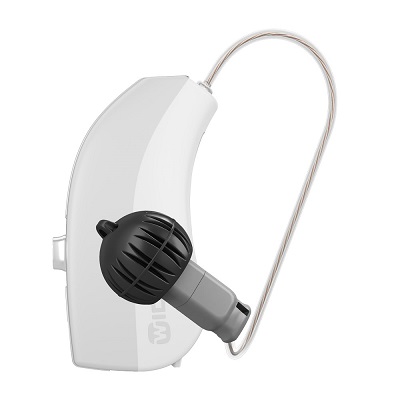
Widex evoke hearing aids

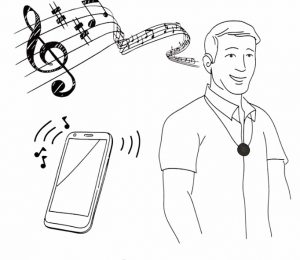
There are many technologies available now that connect up with your hearing aids. They connect to your phone
(land line or mobile), TV, computer, MP3 player and stereo. You can also get remote microphone technology, where you can give the speaker a microphone or place it on the other end of the table, then hear the conversation directly into your hearing aids.
Watch this video for example of how technology can work with hearing aids.
What is the right solution for me?
Once you have decided to improve your hearing, we will look in depth at your lifestyle and listening needs to make sure we get the best solution for you. The best solution for you may not be hearing aids. We will let you know all the options then you can choose what you think will work best. We will ask you questions about your lifestyle and listening needs, then match the best technology (or other option) for your situation. Learn more about the process of getting hearing aids here.
Have you made the decision to try hearing aids?
A bit about Auckland Hearing

(Audiologist at Auckland Hearing)
Auckland Hearing is an independent hearing aid and audiology clinic set up by Maree O’Sullivan. Maree has worked in Audiology for 20 years and started Auckland Hearing so she could focus on the needs of each client (rather than corporate profits).
We provide a full range of hearing services and work with all of the Ministry of Health approved hearing aid brands in New Zealand. This means we can fit the hearing aids that best suit your needs.
Hearing aids – Your decision
Are you ready to get hearing aids?
Your family might think you need hearing aids
Your audiogram (hearing test) might suggest hearing aids would help you
But are you ready to get hearing aids – for yourself?
Every process begins with a decision. The key to success with hearing aids is: that you have decided for yourself that you are…

The post Do I need hearing aids? What is the right solution for me? appeared first on Auckland Hearing.
]]>The post Making your decision to get hearing aids appeared first on Auckland Hearing.
]]>
Every process begins with a decision. The key to success with hearing aids is: that you have decided for yourself that you are ready to get help with your hearing and that hearing aids are the best option for you.
It is important that you have observed or decided some or all of these:
- you have noticed that your hearing is influencing the way you live your life
- you would like to improve your communication
- your would like to improve your relationships with family, friends and/or work colleagues
And that you want to do it for you – not to please someone else.
When would getting hearing aids not be your decision?

- Sometimes well intentioned family members influence people to get hearing aids
- you may be influenced by a professional – based on the level of hearing loss (audiogram)
- Because you “should” even though you are not quite ready in yourself
Why do I need to make this decision for myself?
Over all the years that your hearing has been gradually changing, so has your brain. The auditory part of your brain has been receiving less sound input, so it has had less information to process. In the “use it or loose it” way that our bodies work – the auditory processing part of your brain has been forgetting what to do as it hasn’t had to work so hard (other cognitive parts of your brain have been working harder to try and keep up with conversation, often causing auditory fatigue).
Luckily, once we provide that missing sound to your auditory system it can begin to use the information again and as long as it hasn’t been to long and your hearing loss is not too severe, usually we can get most of that functionality back. Just like when we start on a new exercise program, when we get hearing aids we need to start slowly and rebuild our “hearing muscles”. And like a new exercise program –
It can be hard work at the beginning
as you give yourself time to adjust to hearing again

Luckily, hearing aids now are of such great quality that you will adjust very quickly. Within half an hour, sounds that seemed strange or new when you first put on the hearing aids will begin to normalise.
The key to real success with hearing aids is continual use. A big reason that it is important that you are ready in yourself to get hearing aids is that we are going to …
We want to create a new normal – Normal to hear
To create a new normal, we are going to ask you to wear your hearing aids as much as you can. At first, you may find it tiring, as your brain has to work hard to process the extra sound that it had forgotten about over the last few years. By the end of the first two-week trial period you should be at the point where you can wear your hearing aids all day every day. By the time you finalise your hearing aids (decide you want to keep them) it will feel normal for you to hear.
Helping you adjust – moving from comfort to clarity
Usually we begin the hearing aid fitting process by working out how much sound you require to compensate for you hearing loss, then intentionally turn it down to keep the sound comfortable and acceptable. The goal at the first fitting is to get the sound comfortable, so that you are able to wear the hearing aids as much as possible, giving your brain time to adjust to the new sound. We then gradually turn the sound up over time. This gives your brain time to adjust to the sound, keeping it comfortable at the start and increasing the clarity over time.
It is key that you decide that you need hearing aids for yourself – because once you have decided to improve your hearing, there will be a short adaption process to go through as you adjust to hearing again.
Being ready and in a positive mind set helps this process run smoothly.
You are about to start on a hearing adventure.
If you are doubting your readiness for the process you may find it a bit harder to adjust to the new sound and to get on with hearing, communicating and getting involved.
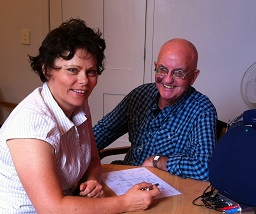
Max Ross
Auckland City
What will help me get to the point of readiness for hearing aids?
When you come along for your hearing assessment appointment we will talk to you about your hearing loss, how it is affecting your life and your options to help with your hearing (if required). After this appointment you will have time to think about and notice those effects as they happen in your everyday life.
You will know when you are ready to take action. You will be ready to:
- hear accurately the first time – not have to ask for repeats
- be involved in the conversations – rather than sit back so as to not feel embarrassed in case you miss something
- feel more relaxed – as you will hear the doorbell, the phone ring and the person walking up from behind
- feel more confident – as you are sure you are responding correctly
- have easier communication in your close relationships – because you hear correctly the first time
Ready Now? Follow this link to book your appointment.
Once you have made the decision to get hearing aids I’m sure you will have many questions about the process and what might be the best options for you. If you have questions about getting used to hearing aids or the adaptation process please add your questions below.
Or read on to the next article to find out more about the process of getting hearing aids.
Getting Hearing Aids – The Process
Hearing aids are fitted on a 60 day trial
Once you have decided to trial hearing aids, the process usually takes about 6 w…
The post Making your decision to get hearing aids appeared first on Auckland Hearing.
]]>The post Our quiet hearing clinic appeared first on Auckland Hearing.
]]>To test hearing accurately, a hearing clinic must meet criteria for very low noise levels. Noise, especially low-frequency noise (like trucks) may affect our ability to hear very quiet sounds and therefore affect the outcome of our hearing assessment.
Hearing clinics must pass a noise test that is carried out by independent experts. Sound levels are measured with a very sensitive sound level meter to establish that the clinic meets the criteria to be able to assess hearing accurately.

In April 2014, we began renovating our new Auckland Hearing clinic. We painted, carpeted and got new signage, so you can easily spot us as you drive along Michaels Ave.
By early May 2014, we were up and running. Our lovely new and quiet rooms passed the noise testing assessment, we are able to see all government funded clients, including ACC.
Here is a short movie of our new hearing clinic rooms:
Our little block of shops
Auckland Hearing clinic is in the middle 5 five shops. The shop on the far left is currently being renovated into a lovely new organic cafe. Once it is up and running, it will be a great place to have a break before or after an appointment.


Auckland Hearing clinic offers:
-
The best value hearing tests and hearing aids in Auckland
-
Independent advice on the best solution for your situations
-
Brand new state of the art testing equipment and client management systems
-
A commitment to understand and help you manage your hearing loss.

Hearing loss – Me?
I wonder: What brought you to this page?
Have you noticed that you have been missing the details more often?
The post Our quiet hearing clinic appeared first on Auckland Hearing.
]]>
